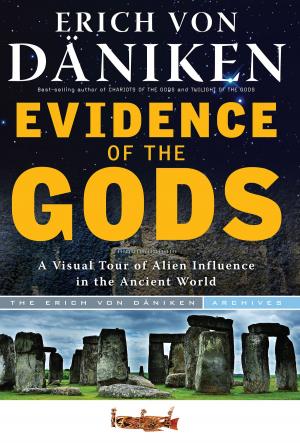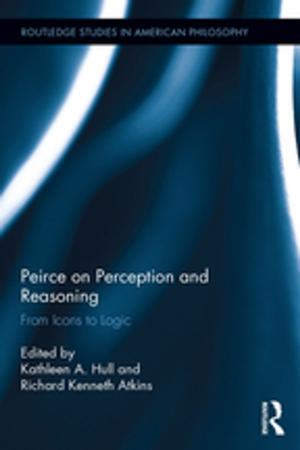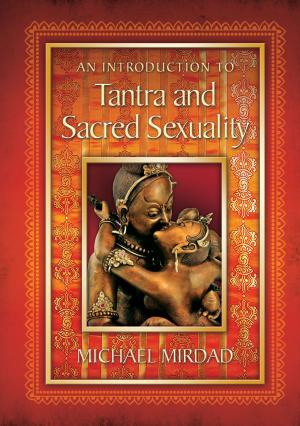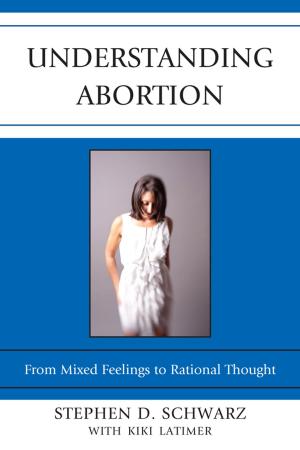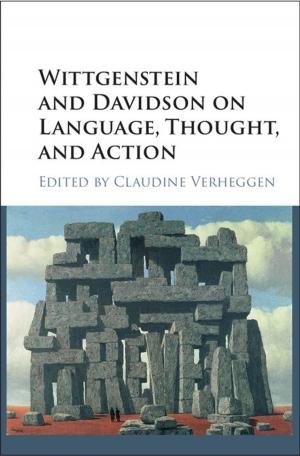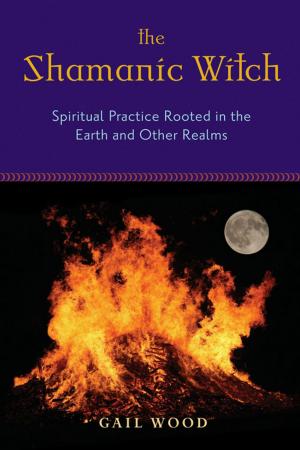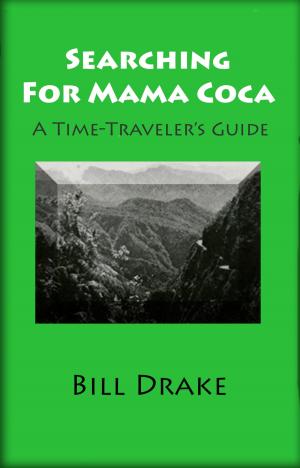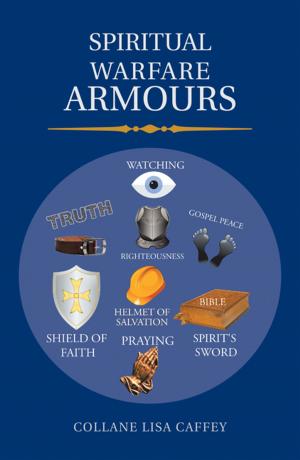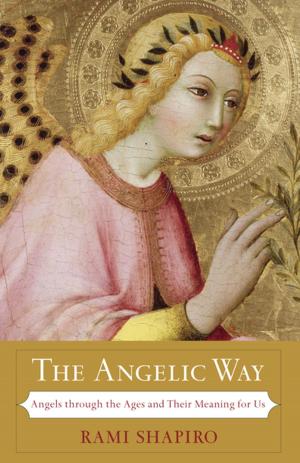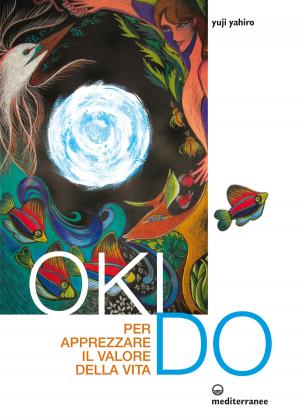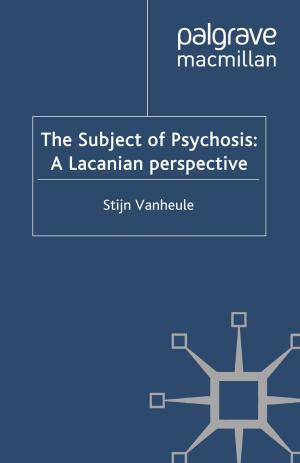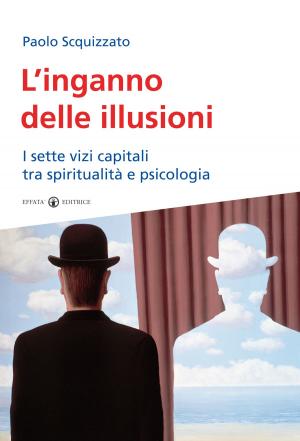Entheogens and the Future of Religion
Nonfiction, Religion & Spirituality, New Age, Mysticism, Philosophy, Mind & Body| Author: | ISBN: | 9781594777974 | |
| Publisher: | Inner Traditions/Bear & Company | Publication: | January 25, 2012 |
| Imprint: | Park Street Press | Language: | English |
| Author: | |
| ISBN: | 9781594777974 |
| Publisher: | Inner Traditions/Bear & Company |
| Publication: | January 25, 2012 |
| Imprint: | Park Street Press |
| Language: | English |
A study of the importance of psychedelic plants and drugs in religion and society
• With contributions by Albert Hofmann, R. Gordon Wasson, Jack Kornfield, Terence McKenna, the Shulgins, Rick Strassman, and others
• Explores the importance of academic and religious freedom in the study of psychedelics and the mind
• Exposes the need for an organized spiritual context for entheogen use in order to fully realize their transformative and sacred value
We live in a time when a great many voices are calling for a spiritual renewal to address the problems that face humanity, yet the way of entheogens--one of the oldest and most widespread means of attaining a religious experience--is forbidden, surrounded by controversy and misunderstanding. Widely employed in traditional shamanic societies, entheogens figure prominently in the origins of religion and their use continues today throughout the world. They alter consciousness in such a profound way that, depending on the set and setting, they can produce the ultimate human experiences: union with God or revelation of other mystical realities.
With contributions by Albert Hofmann, Terence McKenna, Ann and Alexander Shulgin, Thomas Riedlinger, Dale Pendell, and Rick Strassman as well as interviews with R. Gordon Wasson and Jack Kornfield, this book explores ancient and modern uses of psychedelic drugs, emphasizing the complementary relationship between science and mystical experience and the importance of psychedelics to the future of religion and society. Revealing the mystical-religious possibilities of substances such as psilocybin mushrooms, mescaline, and LSD, this book exposes the vital need for developing an organized spiritual context for their use in order to fully realize their transformative and sacred value. Stressing the importance of academic and religious freedom, the authors call for a revival of scientific and religious inquiry into entheogens so they may be used safely and legally by those seeking to cultivate their spiritual awareness.
A study of the importance of psychedelic plants and drugs in religion and society
• With contributions by Albert Hofmann, R. Gordon Wasson, Jack Kornfield, Terence McKenna, the Shulgins, Rick Strassman, and others
• Explores the importance of academic and religious freedom in the study of psychedelics and the mind
• Exposes the need for an organized spiritual context for entheogen use in order to fully realize their transformative and sacred value
We live in a time when a great many voices are calling for a spiritual renewal to address the problems that face humanity, yet the way of entheogens--one of the oldest and most widespread means of attaining a religious experience--is forbidden, surrounded by controversy and misunderstanding. Widely employed in traditional shamanic societies, entheogens figure prominently in the origins of religion and their use continues today throughout the world. They alter consciousness in such a profound way that, depending on the set and setting, they can produce the ultimate human experiences: union with God or revelation of other mystical realities.
With contributions by Albert Hofmann, Terence McKenna, Ann and Alexander Shulgin, Thomas Riedlinger, Dale Pendell, and Rick Strassman as well as interviews with R. Gordon Wasson and Jack Kornfield, this book explores ancient and modern uses of psychedelic drugs, emphasizing the complementary relationship between science and mystical experience and the importance of psychedelics to the future of religion and society. Revealing the mystical-religious possibilities of substances such as psilocybin mushrooms, mescaline, and LSD, this book exposes the vital need for developing an organized spiritual context for their use in order to fully realize their transformative and sacred value. Stressing the importance of academic and religious freedom, the authors call for a revival of scientific and religious inquiry into entheogens so they may be used safely and legally by those seeking to cultivate their spiritual awareness.


